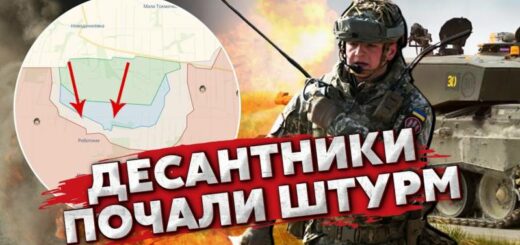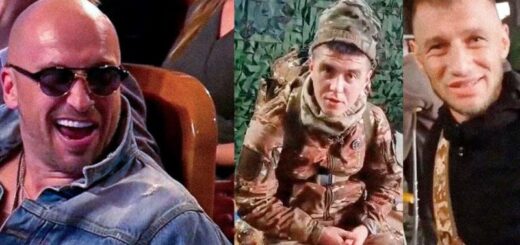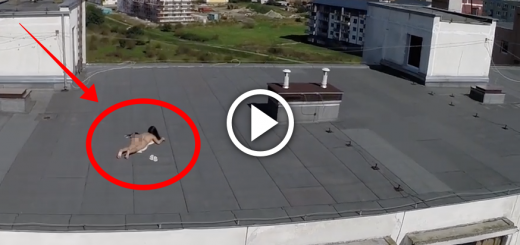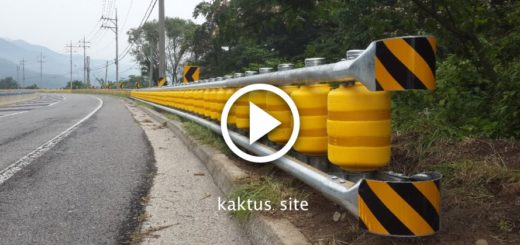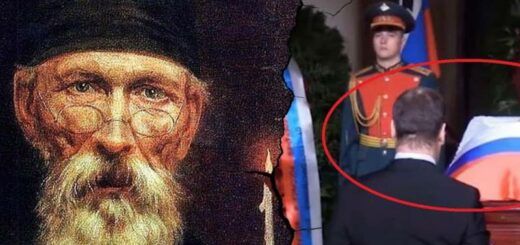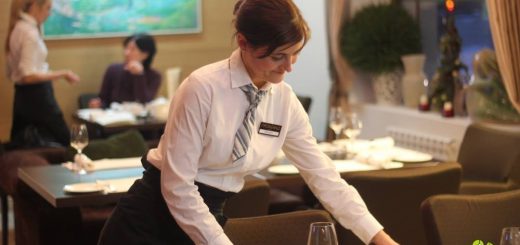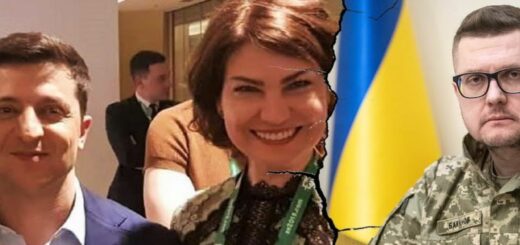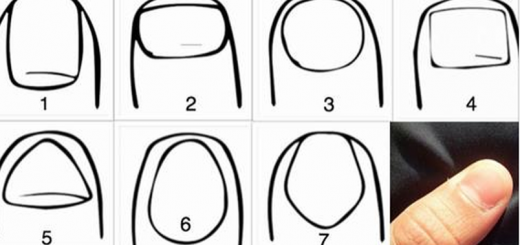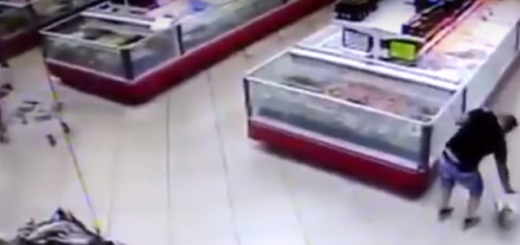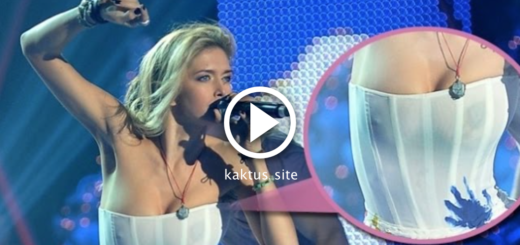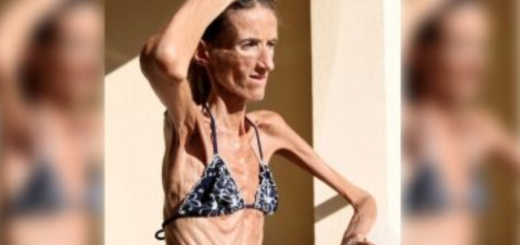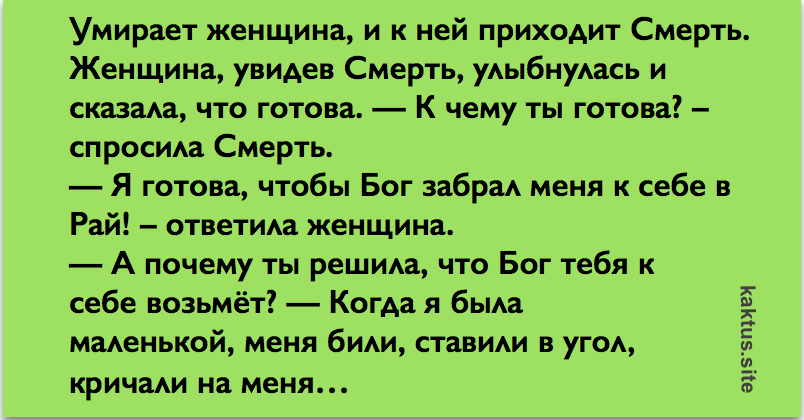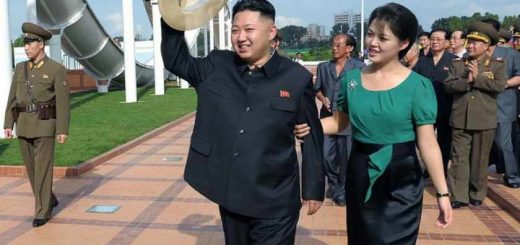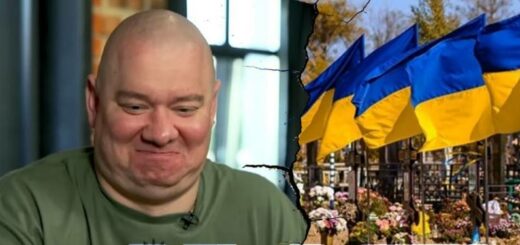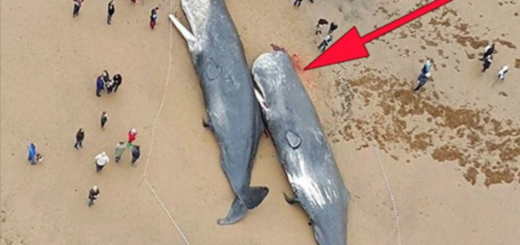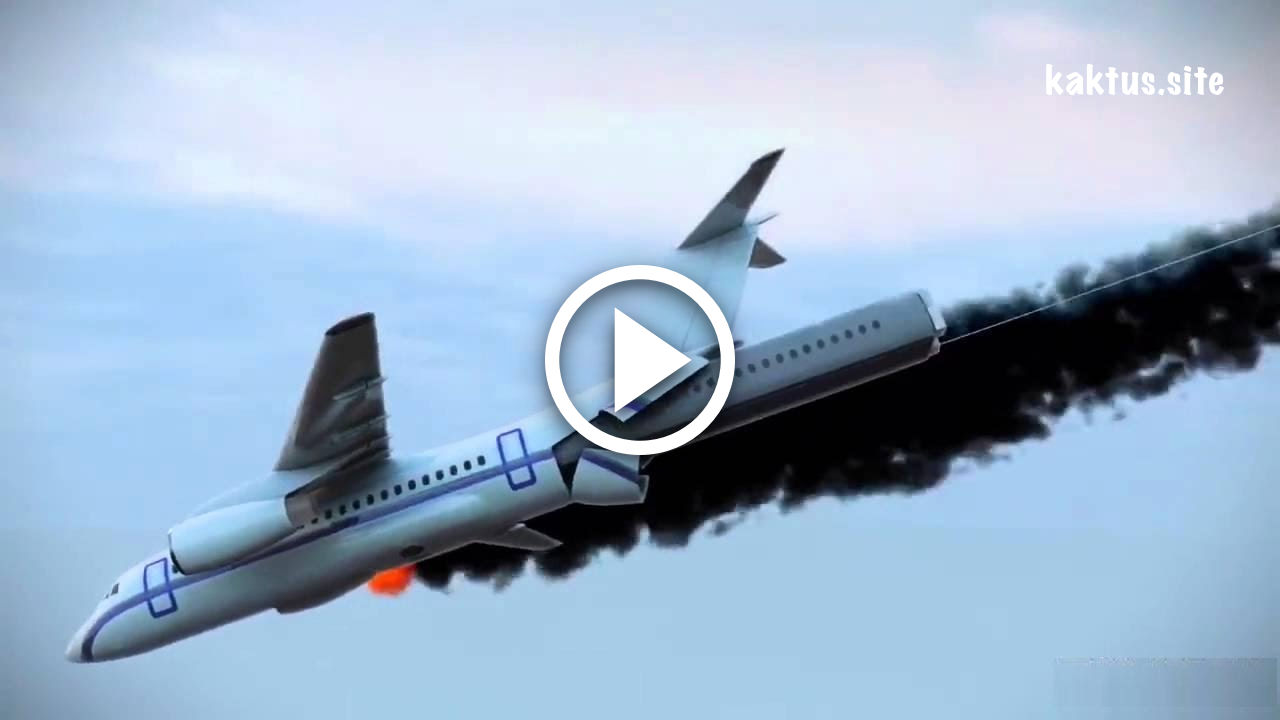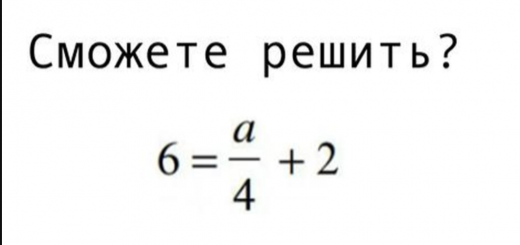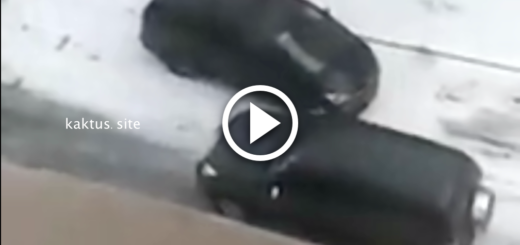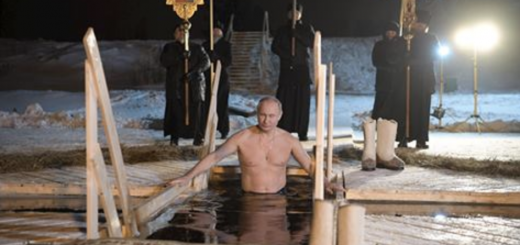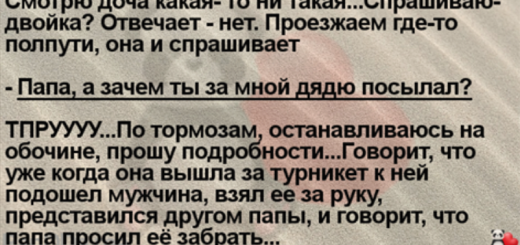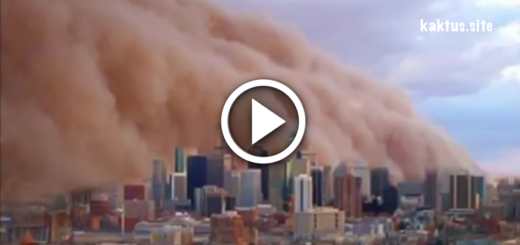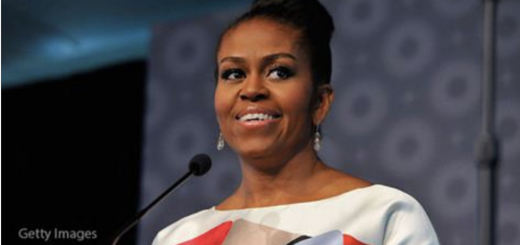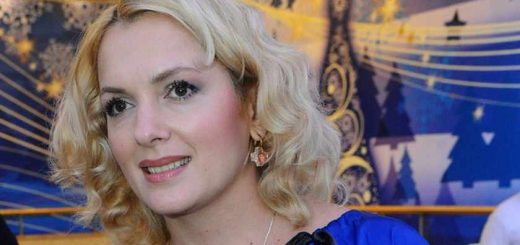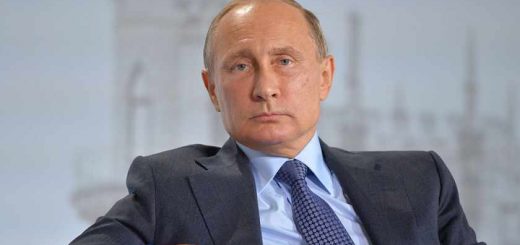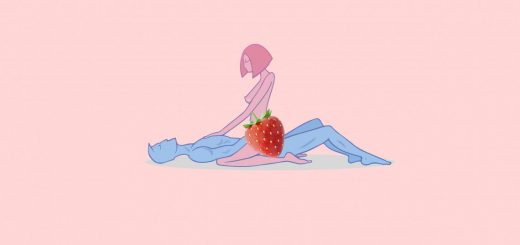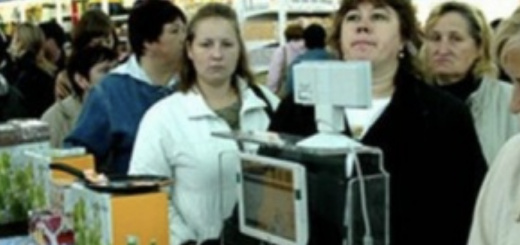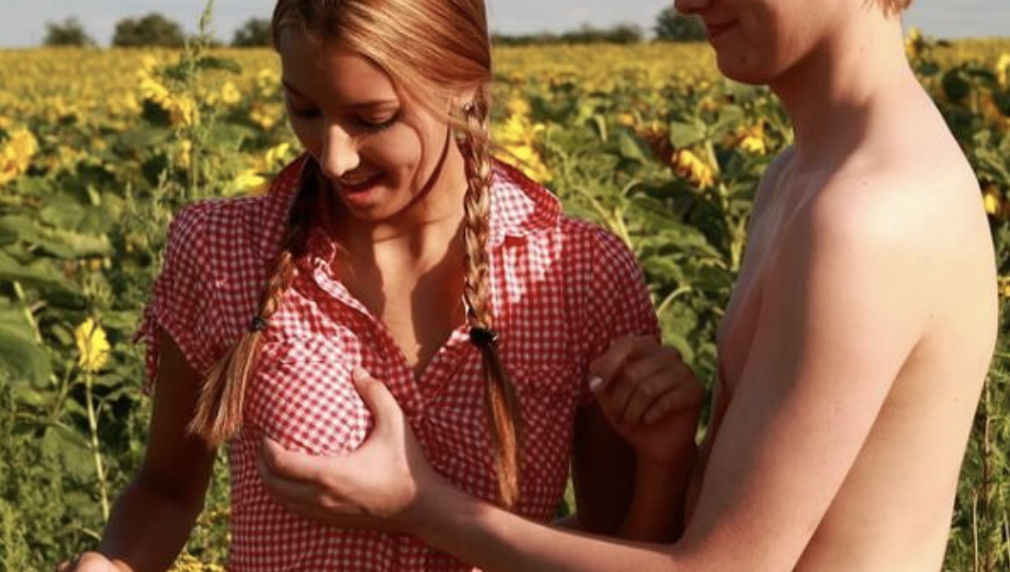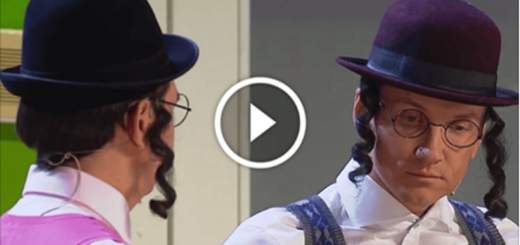They’re taking him off the plane, a passenger across the aisle reported having a better angle. He doesn’t look good. Zora felt a sudden, irrational panic.
If Harrington left the plane now, she might never learn what he knew about her parents, why he had their photo, what connection existed between them. Without thinking, she unbuckled her seatbelt and stood. Zora, Dorothea reached for her, you can’t.
But Zora was already moving, slipping into the aisle and pushing forward against the explicit instructions to remain seated. A flight attendant stepped into her path. Miss, you need to return to your seat immediately.
Please, Zora said, desperation making her voice crack. I need to talk to Mr. Harrington, it’s important, it’s about my parents. The attendant’s expression softened slightly, but she stood firm.
I understand, but right now Mr. Harrington needs medical attention. The best thing you can do is stay seated until. A commotion from first class interrupted her.
Raised voices, urgent commands from the paramedics. Then clear above the din, Harrington’s voice, strained but insistent. The girl, I need to speak to the girl.
The flight attendant turned, her professional composure momentarily broken by surprise. One of the paramedics appeared at the partition. Is there a young lady here, he asked, scanning the economy cabin.
Mr. Harrington is asking for someone. Me, Zora said, stepping forward, he wants to talk to me. The paramedic looked skeptical, you know this man.
No, but Zora hesitated, then reached into her backpack and removed her book. From between its pages, she carefully extracted the photograph. He dropped this, it’s a picture of my parents.
The paramedic studied her for a moment, then nodded. Quickly then, we need to get him to the hospital. Guided by the flight attendant, Zora moved into first class.
Harrington was on a stretcher, an oxygen mask over his face, an IV already inserted into his arm. His skin had a grayish cast that even Zora, with no medical training, recognized as dangerous. But his eyes were alert, tracking her movement as she approached.
Sir, the paramedic said, we really need to move you now. Harrington pulled the mask aside. One minute, he gasped, private.
The paramedics exchanged glances with the flight crew. After a moment of silent communication, they stepped back slightly, giving Harrington and Zora a small bubble of relative privacy amidst the crisis. Zora moved closer to the stretcher, the photo clutched in her hand.
I found this when it fell from your pocket, she said quietly. Why do you have a picture of my parents? Harrington’s breathing was labored, each word clearly an effort. Not much time, he said, listen carefully.
He gestured weakly for her to come closer. Zora leaned in until her ear was near his lips. The words he whispered were so soft she could barely hear them over the ambient noise of the plane and the medical equipment.
But once she processed them, their impact hit her with physical force, making her jerk back, eyes wide with shock. That’s not possible, she said, her voice trembling. You’re lying.
Harrington shook his head weakly. Ask your grandmother, about July 17, 1992, she knows. His hand fumbled at his jacket pocket.
Take this, everything, explained inside, London lawyers, will help. He pressed something into her palm, a small key on a plain metal ring. Before Zora could ask any more questions, his eyes rolled back, and alarms began sounding from the portable monitors attached to him.
He’s crashing, one paramedic announced, pushing Zora aside. We need to move now. In a blur of coordinated urgency, the paramedics lifted the stretcher and rushed Harrington from the plane.
Zora stood frozen, the key clutched in one hand, the photo in the other. Tears streaming down her face without her even realizing she was crying. What Harrington had whispered, those few impossible words, had shattered the foundation of everything she believed about herself, her family, her very identity.
If what he said was true, nothing would ever be the same again. A gentle hand on her shoulder broke through her shock. Dorothea stood beside her, concern evident in her wise eyes.
What did he say to you, child, she asked softly. Zora looked at her, then at the key in her palm, then back at the open door through which Harrington had been rushed. The words he had whispered replayed in her mind, each syllable a seismic shift in her understanding of the world.
He said, Zora swallowed hard, hardly able to form the words, he said he’s my father. If you’re finding this story compelling, please take a moment to subscribe to our channel. Your support allows us to continue bringing you these extraordinary true stories of fate, prejudice, and unexpected connections.
Drop a comment below sharing where you’re watching from. The next hours passed in a fog of confusion and bureaucracy. Once the immediate crisis of Harrington’s medical emergency had been addressed, the reality of an unscheduled international landing began to unfold.
Passengers were deplaned and directed to a holding area in Gander’s modest terminal, while arrangements were made for them to continue their journey. Some on the same aircraft once it was cleared, others on different flights that would be routed to accommodate them. Zora sat apart from the crowd, the photo, and key her only company as she tried to process Harrington’s revelation.
Richard Harrington, a white, wealthy businessman in his 60s, had claimed to be her father, her father whom she had mourned since age four. Her father whose dark skin and warm brown eyes she had inherited. Her father whose death certificate she had seen with her own eyes, whose grave she had visited every year on his birthday.
It was impossible, absurd, and yet, she studied the photo again, searching for answers in the frozen smiles of the young couple. The man she had always believed was her father, James Williams, stood with his arm around the woman Zora knew was her mother, Eliza. They looked happy in love, their whole lives ahead of them.
Nothing in the image suggested deception or complication. But there was the key, and there were Harrington’s words. Ask your grandmother about July 17, 1992, what had happened on that date.
Zora had been born in March of 1993, roughly eight months later. The timing sent a chill through her that had nothing to do with the terminal’s aggressive air conditioning. Mind if I join you? Dorothea stood before her, holding two cups of what smelled like hot chocolate.
Zora nodded numbly, and the older woman settled beside her on the plastic airport seating. Thought you could use this, Dorothea said, handing her one of the cups. Sugar and warmth good for shock.
Zora accepted the drink gratefully, wrapping her cold fingers around the paper cup. Thank you. They sat in silence for a moment, watching the controlled chaos of the terminal as airline staff attempted to manage the disrupted travel plans of nearly 300 passengers.
Wanna talk about it? Dorothea finally asked, her tone making it clear that no was an acceptable answer. Zora considered the question. She barely knew this woman, a chance seatmate on a disrupted flight.
And yet Dorothea had shown her nothing but kindness, and there was something in her manner that invited confidence. More practically, Zora had no one else to talk to, and the thoughts swirling in her head threatened to drown her if not released. I don’t understand how it could be true, she said finally.
My father was black, I have pictures of him, memories even though I was young when he died. How could this white man possibly be my father? Dorothea took a thoughtful sip of her hot chocolate before responding. Family is complicated, honey, more complicated than most people like to admit.
Sometimes there are secrets kept for all kinds of reasons, some protective, some selfish, some a mix of both. But if Richard Harrington is really my father, then who was James Williams? Why would my mother and grandmother lie to me my whole life? I can’t answer that, Dorothea said gently. But I can tell you this, in my 74 years, I’ve learned that most people aren’t villains in their own stories.
Whatever happened between your mother, the man you knew as your father, and this Harrington fellow, I’d bet they all thought they were doing the right thing at the time. Zora stared down at the photo. My mom disappeared when I was seven, just left one day and never came back.
Grandmommy says she had troubles, but she never explains what kind. If she lied about who my father was, what else did she lie about? The weight of these questions, questions she had no way of answering in an airport terminal in Newfoundland, pressed down on her like a physical force. Tears threatened again, and she blinked them back fiercely.
She had cried enough. What are you going to do now? Dorothea asked. Zora clutched the key in her palm.
I need to get to London. The lawyer’s there. They must know something about all this.
And then, then I need to talk to my grandmother. Before Dorothea could respond, an announcement came over the terminal’s PA system. Attention passengers of transatlantic flight 2187, we have arranged for a recovery aircraft to transport you to London Heathrow.
Boarding will begin in approximately one hour. Please proceed to gate three for pre-boarding procedures. We apologize for the inconvenience and thank you for your patience.
A ripple of relief passed through the crowd of stranded travelers. Zora felt it too, but it was tempered by another concern. What about Mr. Harrington, she asked.
Is he, did they say anything about his condition? Dorothea shook her head. Not officially, but I spoke with one of the paramedics when they came back for some equipment they’d left on the plane. He said they took him to James Patton Memorial Hospital in Gander.
That’s all I know. Zora made a sudden decision. I need to see him before we leave.
Honey, I don’t think that’s possible. The hospital is in town and we’re due to board in an hour. But what if he dies? The words burst from Zora with unexpected force.
What if he dies and I never get answers? Never find out if what he said is true. Never learn why he had that photo or what happened with my mother. The possibility that Harrington might die before she could question him properly hadn’t fully registered until this moment.
Whatever his relation to her, father, as he claimed, or something else entirely. He was her only link to understanding the mystery that had suddenly engulfed her life. Dorothea studied her with those kind, shrewd eyes.
Let me see what I can find out, she said after a moment. Wait here. She rose and made her way to the airline staff desk, where she engaged in what appeared to be an earnest conversation with one of the agents.
Zora watched anxiously, unable to hear what was being said but reading the body language, Dorothea’s persuasive gestures, the agent’s initial resistance, then a softening, a nod, the typing on a computer terminal. After several minutes, Dorothea returned, a small smile on her face. Good news and bad news, she said.
The good news is that Mr. Harrington is stable. They’ve admitted him to the cardiac unit for observation and treatment, but he’s conscious and in no immediate danger. Relief flooded through Zora, surprising her with its intensity.
And the bad news, there’s simply no way for you to visit him before our flight leaves. The hospital is 20 minutes from here, and with security procedures for the new flight, there just isn’t time. Zora’s shoulders slumped.
Though relieved that Harrington wasn’t dying, the prospect of continuing to London without speaking to him again felt wrong. How could she face whatever awaited her there without more information? But, Dorothea continued, I did manage to get them to call the hospital. I told them you were family, a little white lie for a good cause.
They’re going to ask if Mr. Harrington can take a phone call from you before we board. Hope sparked within Zora, really, thank you. Don’t thank me yet.
They need to check with his doctors first to make sure he’s up to it. And even if he is, you’ll only have a few minutes. Dorothea’s expression grew serious.
Think carefully about what you wanna ask him, Zora. Make those minutes count. Zora nodded, her mind already racing through the questions she needed answered.
Was he really her father? How was that possible? What happened with her mother? Why had he never been part of her life? Why was she being summoned to London now? What did the key open? Too many questions for a brief phone call with a man recovering from a cardiac event. She would need to prioritize, to focus on what mattered most. As they waited for word from the hospital, Zora’s thoughts turned to Grandma Mi.
Should she call her? Tell her what had happened? What Harrington had claimed? The idea made her stomach clench with anxiety. If what Harrington said was true, her grandmother had participated in a lifelong deception. That conversation needed to happen face-to-face, not over an international phone line with airline announcements in the background.
Miss Williams, a staff member, approached with a cordless phone. We have Mr. Harrington for you. Zora’s heart leapt into her throat.
She accepted the phone with trembling hands, moving a short distance away for privacy. Hello, she said, her voice smaller than she intended. Zora, Harrington’s voice was weak but clear.
Thank you for calling. Are you, are you really my father? The question tumbled out before she could stop it, before she could consider a more strategic approach. A pause, then a sigh that seemed to carry decades of regret.
Yes, biologically speaking, I am. The confirmation, stated so plainly, sent a wave of dizziness through her. She gripped the back of a nearby chair to steady herself.
How my father, James Williams, he was black, I have his features. Everyone says I look just like him. James was a good man, Harrington said, his voice warming with what sounded like genuine respect.
Your mother’s colleague at first, then her friend, after. After what happened between your mother and me, James stepped in. He loved Eliza.
When she found out she was pregnant, he offered to marry her to give the child, to give you, his name, his protection. But why, why would he do that? It was 1992, Zora. I was married, wealthy, white.
Your mother was young, black, just starting her career. When we, when our relationship ended badly, she was alone and vulnerable. James provided a solution that seemed best for everyone, especially for you.
Zora struggled to process this information. The man she had called father her entire life had not been her biological parent, but had chosen to claim her anyway. The knowledge was both painful and precious.
Did you even want me? The question emerged raw and unfiltered, giving voice to the hurt child within her. Harrington’s response came after a long pause, his voice thick with emotion. I didn’t know about you until after you were born.
Eliza, she made a choice not to tell me. By the time I found out, she and James were married. You had his name, his love.
You were part of a family that could give you what I couldn’t then. And what about now? Why am I being called to London about an inheritance matter? Why were you on my flight? Why do you have a photo of my parents? The lawyers in London work for me, Harrington admitted. When I learned of your grandmother’s illness, I realized it was time, time for you to know the truth, to have choices I couldn’t give you before.
The inheritance is real, I’ve established a trust for you. Educational expenses, housing, whatever you need. The thought of this stranger, this man claiming to be her father, monitoring her life from a distance, knowing about grandmommy’s cancer, making financial arrangements for her future without her knowledge, sent a surge of anger through Zora.
You’ve been watching me all this time. Not, not directly, I respected the boundaries Eliza and James established. But yes, I’ve known where you were.
I made sure you were safe, that you had opportunities. I contributed anonymously to your school, to the community center you attend. It was the least I could do.
The community center that had provided after school care when grandma Mee was at her treatments. The school that had somehow found funding for the advanced math program Zora had qualified for despite budget cuts. The pieces were falling into place, creating a picture of invisible influence stretching back years.
And my mother, do you know where she is, why she left? Another heavy pause. Zora, I think that’s a conversation better had in person when I’m recovered. It’s complicated.
Everything about this is complicated, Zora shot back, frustration mounting. I deserve to know the truth, all of it. You do, Harrington agreed quietly, and you will.
But not like this, not over a rushed phone call in an airport. The key I gave you, it opens a safe deposit box at London’s Barclay Bank Central Branch. Inside is a letter from your mother written before she left.
It explains everything better than I can. A letter from her mother, written years ago but preserved, waiting for her. The thought sent a shiver through Zora, half dread, half desperate hope.
Miss Williams, the airline staff member who had brought the phone, was gesturing to her. I’m sorry, but they’re beginning the boarding process for your flight. We need to wrap up this call.
Zora nodded her understanding before returning to the phone. I have to go, we’re boarding. I understand, Harrington’s voice had weakened, suggesting the conversation had taxed his limited strength.
Zora, I know this is overwhelming, I know you’re angry and confused. You have every right to be, but please go to London, meet with the lawyers, read your mother’s letter. Then if you’re willing, I’d like a chance to explain in person.
The announcement for priority boarding came over the terminal speakers, adding urgency to the moment. I need to think about all this, Zora said honestly, it’s too much. Of course, there was resignation in Harrington’s tone, but also something like hope.
Whatever you decide, whatever you think of me after learning everything, I want you to know one thing. From the moment I learned of your existence, I have never stopped thinking about you wishing things could have been different. The raw emotion in his voice caught Zora off guard.
This cold, entitled man she had observed on the plane now sounded broken, vulnerable, human. It complicated her emerging anger, added shades of gray to what she wanted to see in simple black and white. I have to go, she repeated, not knowing how else to respond.
Goodbye, Zora, be safe. She handed the phone back to the staff member, her mind whirling with new information and new questions. Dorothea waited nearby, concern evident in her expression.
How are you doing? The older woman asked as they gathered their belongings and joined the boarding queue. I don’t know, Zora answered honestly. It’s like I’ve stepped into someone else’s life, nothing makes sense anymore.
Dorothea nodded sympathetically. Family secrets have a way of doing that, turning everything upside down when they finally come to light. But you’re strong, Zora, I can see that.
Whatever you learn in London, whatever you decide to do with that knowledge, you’ll find your way through. As they boarded the new aircraft that would take them to London, Zora clutched her backpack containing the photo, the key, and her father’s, James Williams’ copy of The Secret Garden. The book felt different now, weighted with new meaning.
Had he known when he wrote those margin notes that they weren’t for his biological daughter? Had that mattered to him? She thought of the words Harrington had whispered on the plane, the words that had made her cry. I’m your father, Zora. James raised you, but you’re my daughter.
I’ve loved you from afar your whole life. Were those the words of a man trying to claim what was never his? Or the painful truth of a father who had missed his child’s entire life? As the plane lifted off from Gander, carrying her toward London, and whatever revelations awaited there, Zora had no answers. Only questions that burned like embers in her mind, waiting for the oxygen of truth to either extinguish them or ignite them into flame.
The flight from Gander to London passed in a blur of conflicting emotions and fragmented thoughts. Zora barely registered the meal service, the in-flight movie, or the gradual shift from day to night outside her window. Beside her, Dorothea respected her need for silence, occasionally offering a gentle pat on the hand or a sympathetic smile, but otherwise allowing her the space to process the seismic revelations of the day.
By the time they began their descent into Heathrow, darkness had fallen over London. As the plane banked over the city, Zora pressed her face to the window, taking in the sprawling expanse of lights below, a constellation of human activity spread across the landscape. Somewhere in that vast urban tapestry were the answers she sought, the truth about her mother, about Richard Harrington, about herself.
First time in London, Dorothea asked, breaking the long silence between them. Zora nodded, still gazing at the city lights. First time anywhere outside of Baltimore.
It’s a special place, Dorothea said, full of history and secrets, rather fitting considering your circumstances. The observation made Zora turn from the window. I don’t know what I’m going to do, she admitted.
The letter said a car would meet me at the airport to take me to a hotel. The law firm’s representative is supposed to meet me there tomorrow morning. But now, now everything’s changed, Dorothea finished for her.
But the practical matters remain the same. You still need transportation, accommodation, guidance. Perhaps it’s best to stick with the original plan, at least until you have more information.

